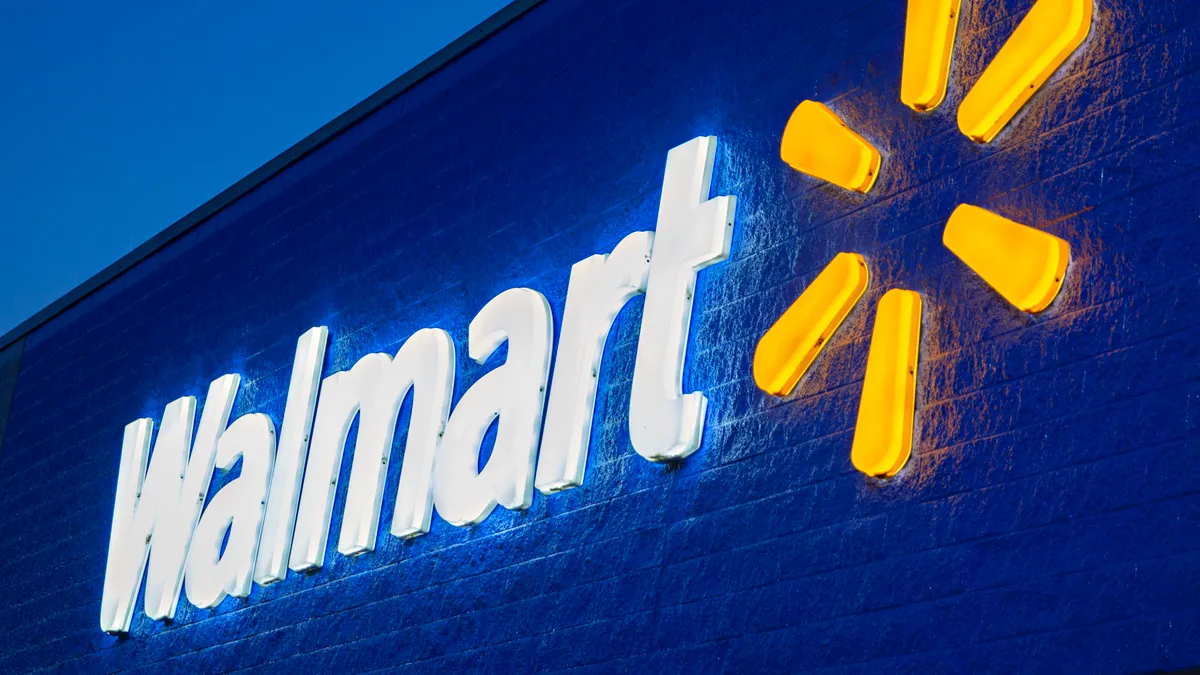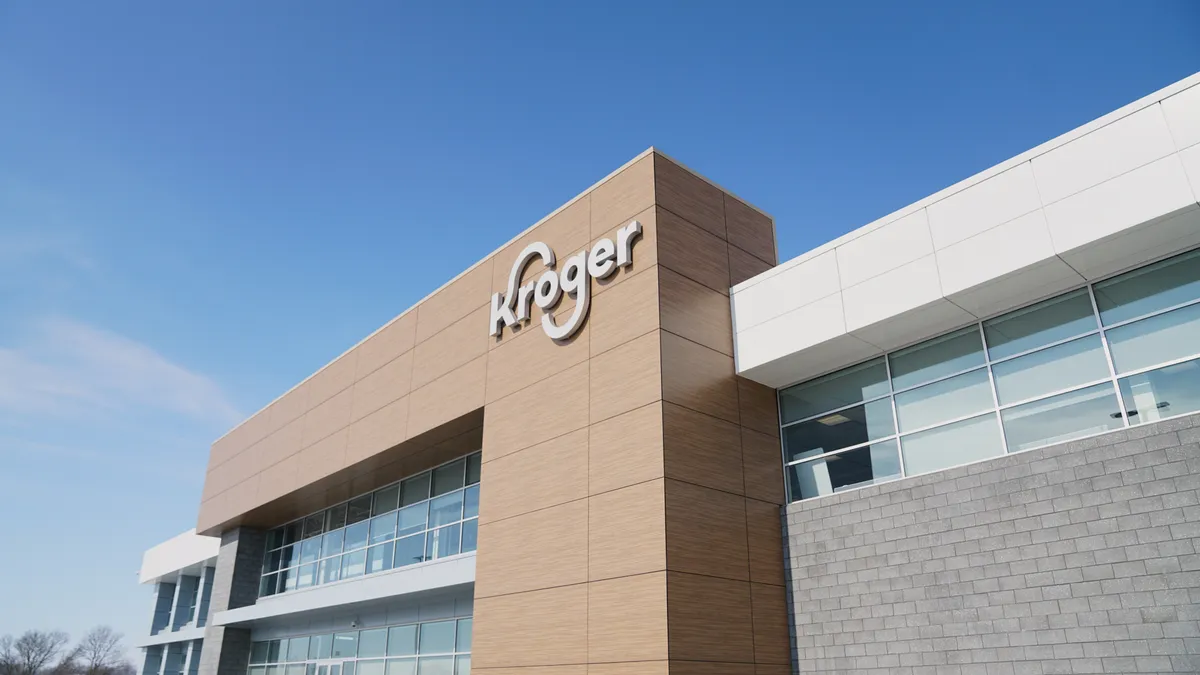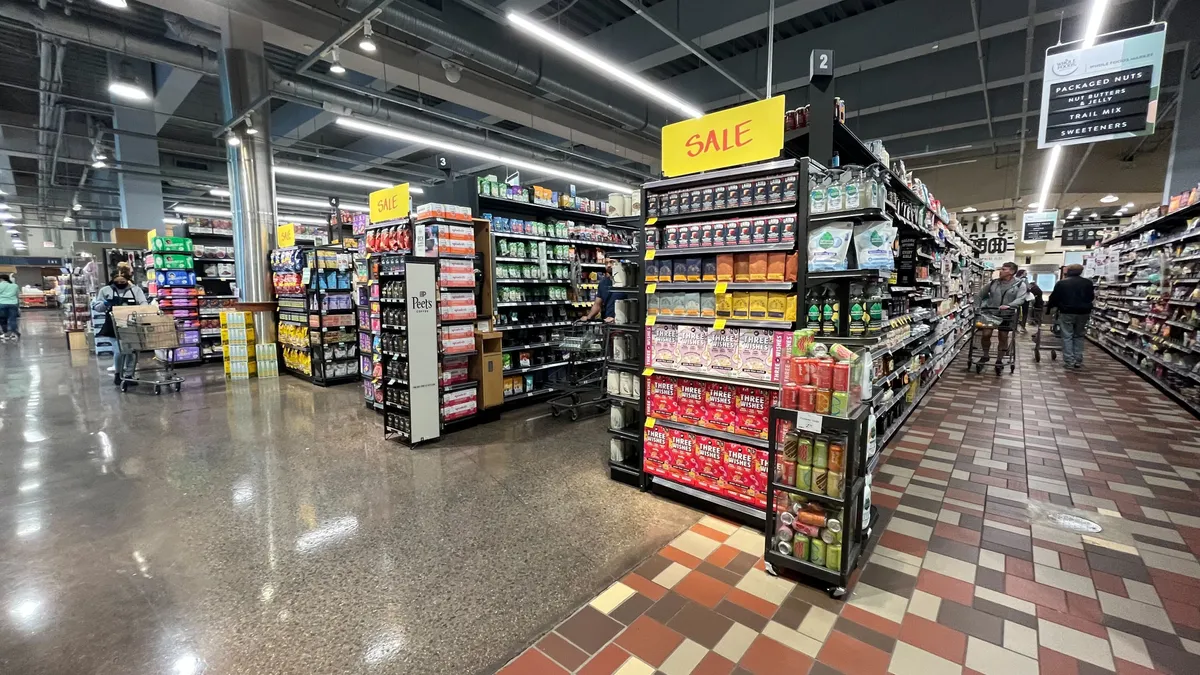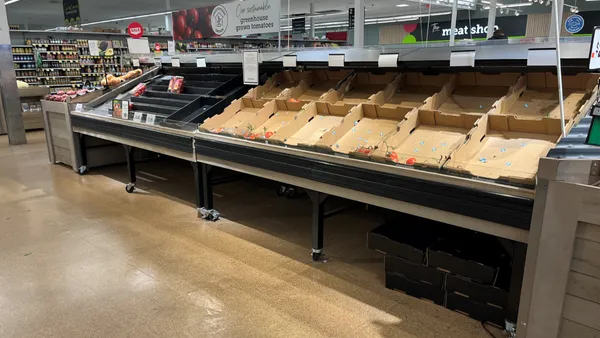Dive Brief:
- Walmart has opened applications for its 7th annual Open Call, a program that gives entrepreneurs the chance to convince Walmart buyers to give their wares a spot on the retailer's shelves. Products must be made, grown, or assembled in the United States to be eligible.
- For the first time ever this year’s event will be held virtually. The deadline to apply is Aug. 10, and the event is set for Oct. 1.
- Even though it will be virtual, the event will have a similar agenda as last year. Each contestant will have one-on-one meetings with Walmart buyers, hear from Walmart executives and learn from company leaders about being a supplier to the retailer.
Dive Insight:
Walmart’s Open Call event is part of what the mass retailer says is an effort to invest in products that support American jobs, support local communities and small businesses, and bring new products to shoppers.
By hosting this year’s event virtually, Walmart, which runs more than 5,000 stores in the United States, is giving entrepreneurs the opportunity to safely participate in an experience that could significantly boost their fortunes. Companies that take part could secure the right to put their products in a handful of stores or be tapped to supply hundreds or thousands of stores, including Sam’s Club and Walmart.com.
Walmart's Open Call event falls in line with the retailer’s goal, set in January 2013, of boosting job creation and U.S. manufacturing by buying $250 billion worth of products that support American jobs by 2023.
The retailer also created a Policy Roadmap to Renew U.S. Manufacturing, which tackles barriers that keep small businesses from manufacturing consumer goods in the U.S.
Walmart provides guidelines for suppliers to use in identifying products where products are made. The company only permits its "Made in the USA" logo to be used on products that are entirely made in the United States, but allows it to be used with a qualifier on items that do not fully meet that standard.
As of 2017, two-thirds of Walmart's U.S. merchandise spending was for items made, sourced, assembled or grown in the U.S., according to the company.













